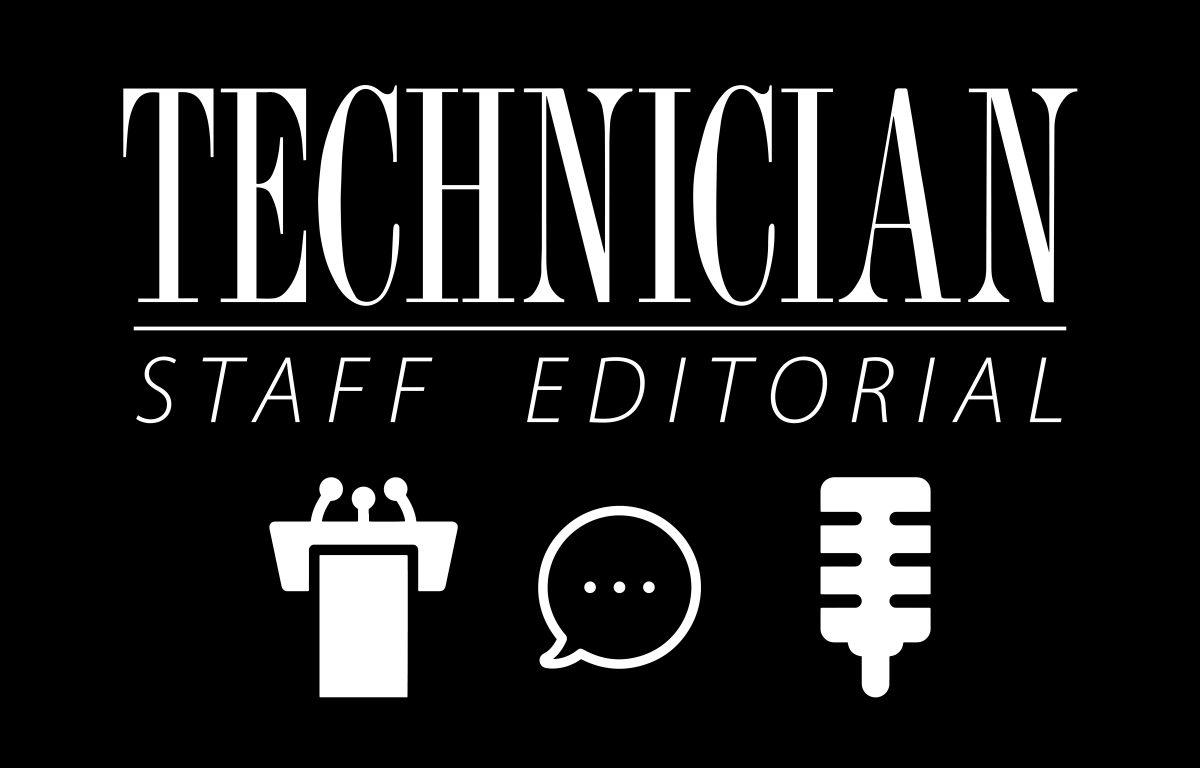While Hispanics and Latinos continue to immigrate to the United States at alarming rates, it is clear why Spanish is the most popular foreign language at N.C. State. But with more than one billion native speakers, Mandarin Chinese far outnumbers the popularity of Spanish. And inevitably, as blasphemous as this may sound, we, Americans, must embrace the Chinese and learn the mother tongue of our biggest trade partner.
However, Evan Osnos of The New Yorker described 2012 as “the year Chinese-bashing went mainstream.”
This is partly due to TV advertisements like “The Chinese Professor” which debuted in 2010 but became well-known during the 2012 election season. The ad, set in the year 2030, features a Chinese professor who poses the question, “Why do great nations fail?” He named the U.S. as one of many fallen empires. Later in the ad he tells his students, “… we owned most of [the United States’] debt, so now they work for us.”
Citizens Against Government Waste, the sponsors of the ad, claim to be a “private, non-partisan, non-profit organization” whose mission it is to “eliminate waste, mismanagement and inefficiency in the federal government.” Though its ad may demonstrate the lobbying group’s libertarian values, the ad’s creepy music and messages of dominance have instilled fear in the American people.
A September 2012 Pew Research Center survey found that 52 percent of Americans believe China’s emergence as an economic power is a major threat to the United States. If we are so fearful of China’s dominance, we should have a greater focus on implementing Chinese into our lives and education.
We have taken some steps locally to increase knowledge of Mandarin Chinese. The goal of the Confucius Institute, “a cooperative project between the N.C. State, the Office of Chinese Language Council International and Nanjing Normal University in China,” is to sponsor Chinese programs of language and culture. It began teaching classes about the art of doing business in China to companies in Research Triangle Park last year. One course focuses on culture while the other teaches the businessmen Chinese phrases to use in meetings.
The Chinese, in fact, want us to learn their language. A 2011 CNN story by Chris Welch revealed that “China’s government is sponsoring the Confucius Classroom program” which “sends teachers and money to U.S. schools to teach Chinese language and culture.”
However, some people haven’t made time to learn Chinese in fear that it will be a fad, much like Russian during the Cold War or Japanese in the 1980s. But with the way China’s economy is growing, it doesn’t have the appearance of a fad. It’s a fact.
Not only will learning Chinese benefit our economy in the long run, but it also has short-term monetary benefits. In 2011 Welch also reported that the Gahanna-Jefferson School District in Ohio is slated to receive “more than $1 million in federal grant money for its Chinese arts and education program.” Additionally, the Chinese government itself is giving $30,000 to the district. Learning Chinese can allow companies to more efficiently trade with one of the biggest economies on the planet. It would be idiotic to turn down selling anything to a country the size of China.
Hank Langhals, coordinator for pupil services in the Gahanna-Jefferson School District, said, “We owe it to our students so they can be a successful part of the world and China will be a major player there.”
We in Raleigh and at N.C. State should strive to be as forward-thinking as these primary education schools in Ohio, and we are glad to see the strides the Confucius Institute is making in the Triangle. Though we love our country, gone are the times of American Exceptionalism. Wake up and smell the coffee (that’s not grown within the U.S.). Read a book (that could be printed on paper from Germany). In this era of globalization, any open market where we can place American products—in a responsible and respectful way—is a good market. And in China, there are literally billions of opportunities.










